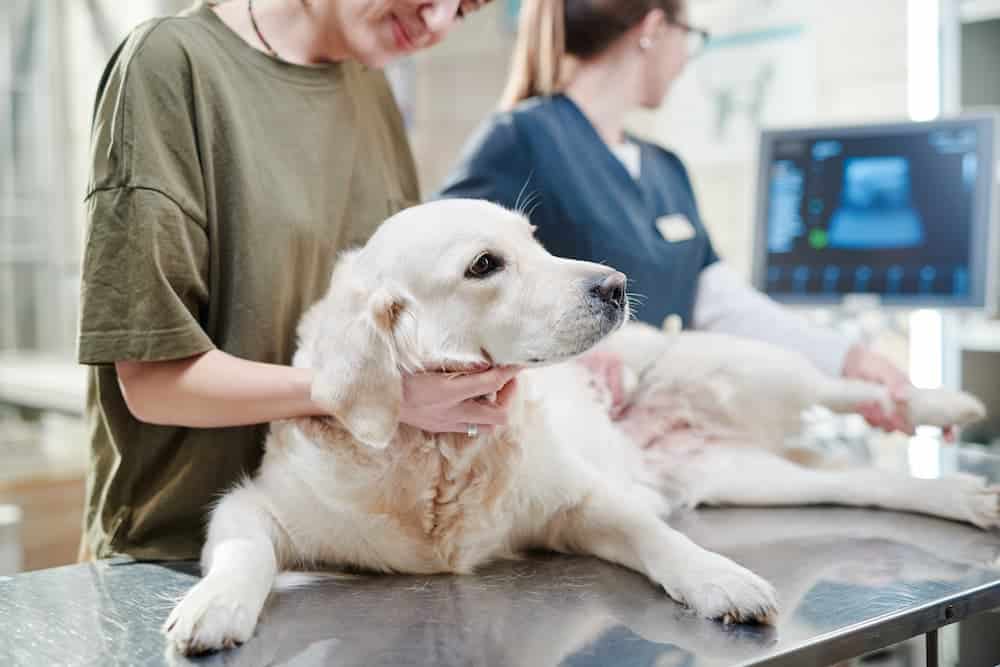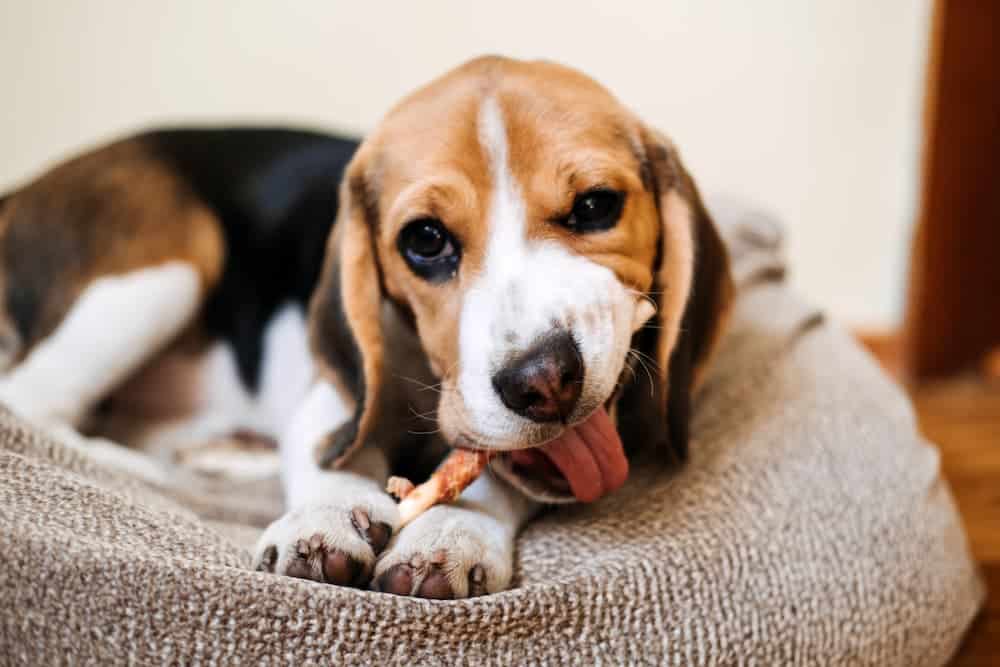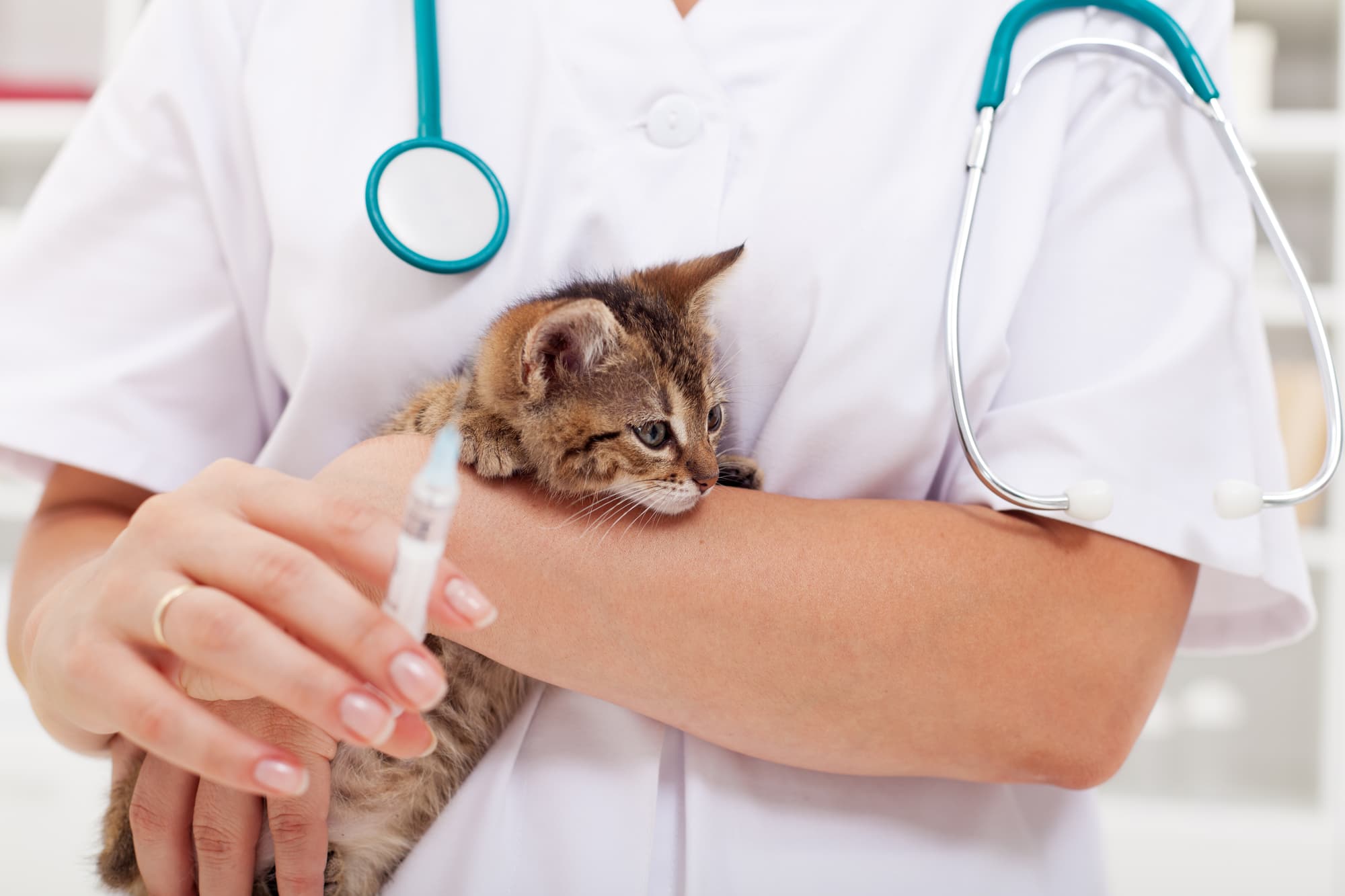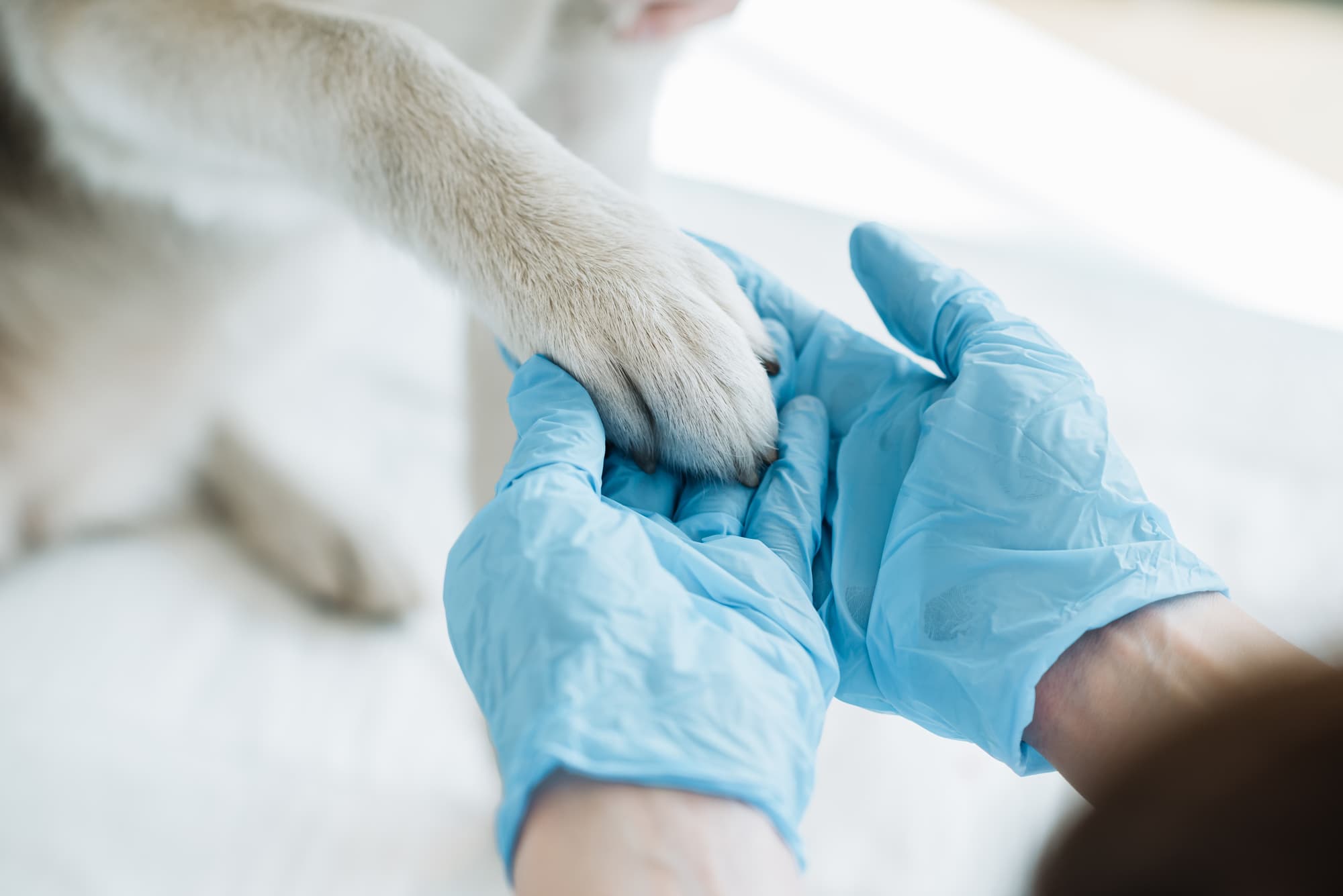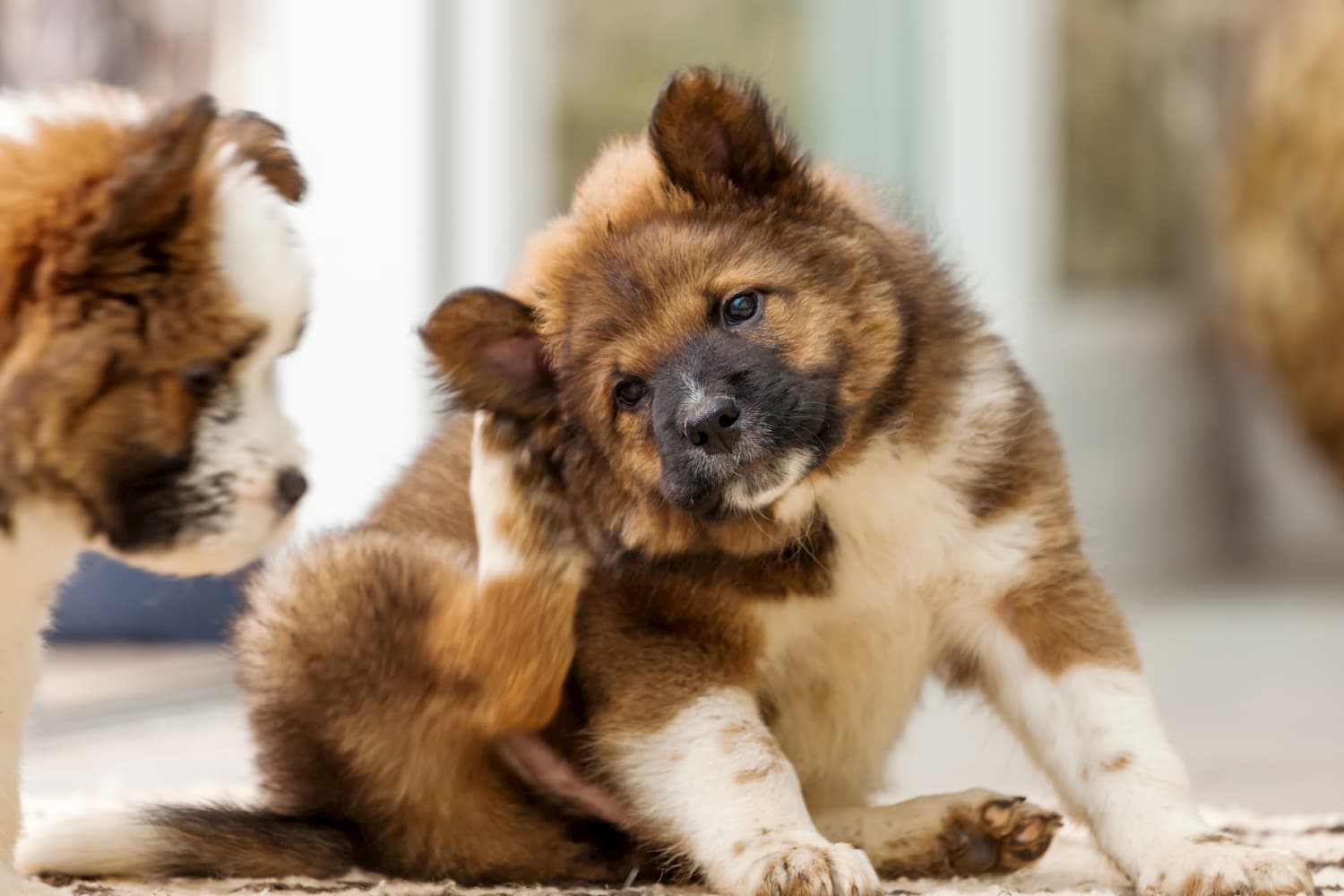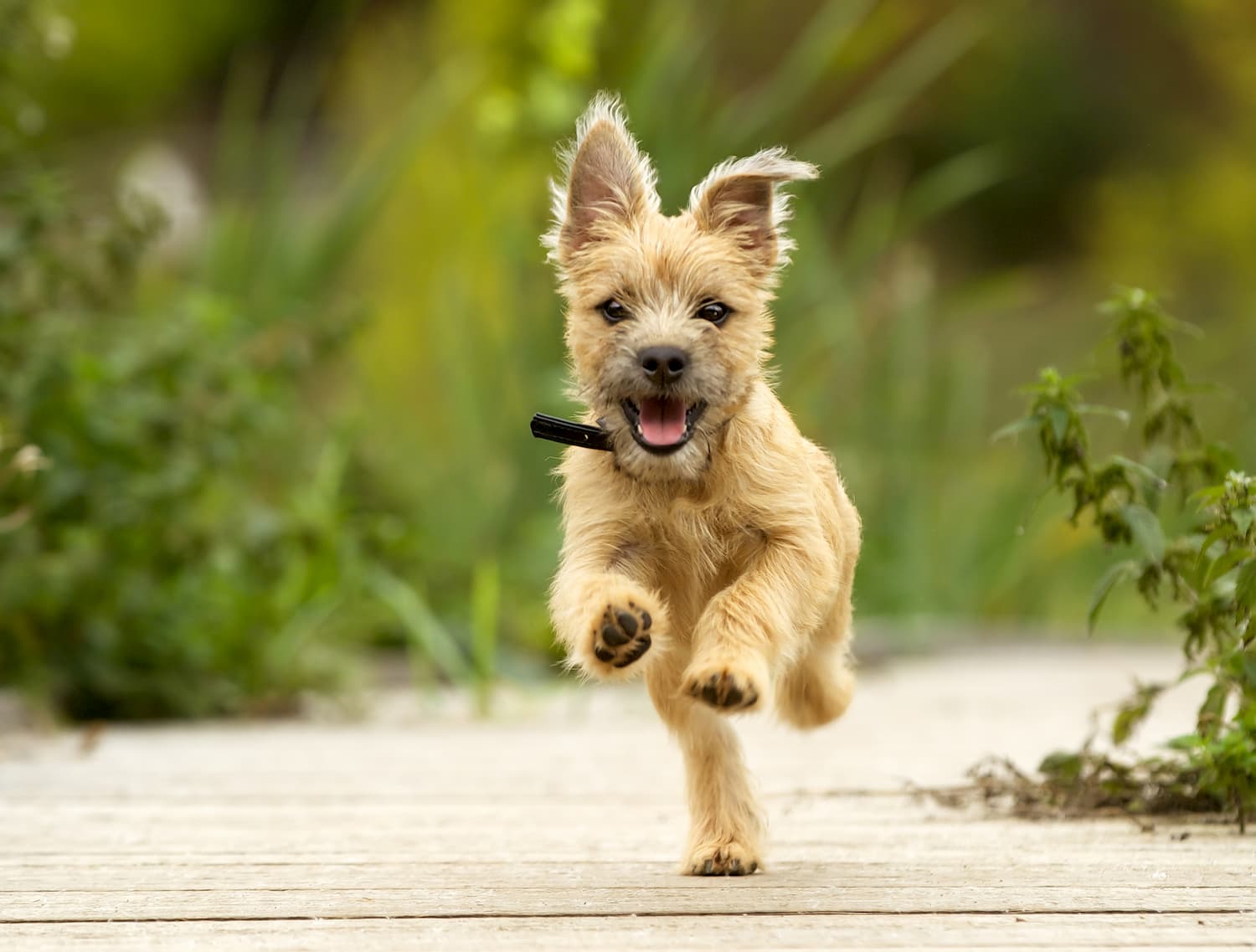Welcoming a new puppy into your home is an incredibly exciting time—the whole family will light up the sight of your newest family member bounding around your home.
However, it’s vitally important to remember that this excitement needs to be tempered with an understanding of the responsibility that you have assumed. You are now in charge of a life, and you need to do everything you can to ensure that your puppy has all the skills it needs to grow into a well-adjusted adult dog that will live a long, happy and healthy life.
Training and socialisation are two of the most important skills that every puppy needs. Here at Northcote Animal Hospital, we believe it is absolutely essential that you enrol your puppy in to a puppy school.
Training and socialisation are crucial steps in your puppy’s journey towards adulthood. If you focus on training while your puppy is young, you will be rewarded with a well-behaved dog. A failure to do so could result in you having an unsociable, poorly behaved, destructive dog. Whether your new family member is a Chihuahua or a St Bernard, it’s equally as important.
From 3 to 17 weeks of age your puppy will be in what is called the ‘critical socialisation period.’ It is called this because it is a crucial stage in ensuring that your dog is comfortable socialising, both with other dogs and people. A failure to introduce your puppy to other dogs during this period can result in your puppy becoming unsociable around other dogs due to fear. If your puppy develops a fear of other dogs, it is likely to make going on walks and taking your dog to crowded places nearly impossible.
So, here are some tips on preparing for the all important puppy school.
Do Your Research
You wouldn’t send your child to just any kindergarten. In the same way, you shouldn’t send your dog to just any old school. You need to make sure that the school you choose uses positive reinforcement to teach your dog. Positive reinforcement uses treats and other rewards to encourage your puppy every time they behave in a positive way. This is the humane way to teach a dog. Never opt for a school that encourages domination, force or punishment as a means by which teaching your dog. After all, you want your dog to respect and love you; not fear you.
Ensure Your Vaccinations Are Up to Date
Before enrolling your dog in a puppy school, you need to ensure that they have had all the necessary vaccinations. Not only does this keep the health and wellbeing of your puppy intact, it also protects all the other puppies in the class.
While most puppies may not have completed all vaccinations by the time the first class commences, we do request they have at least had their first vaccination. This ensures that all the puppies are at the same level of vaccination for the protection and wellbeing of the class.
Choose The Right Class and Location
You need to consistently attend your puppy school classes. If you go one week, and then miss the next two weeks, your puppy will forget what it has learnt and you’ll have to start all over again. Choose a location that is easy for you to get to and a time that suits your schedule and lifestyle. If you love your Saturday morning sleep-in, find a class that runs at night during the week instead. Or, if you’re exhausted by the time you get home from work, opt for a class on a Saturday or Sunday morning.
Be On Your Best Behaviour
You need to be alert and attentive for the entirety of the lesson. So (as mentioned above) ensure you haven’t scheduled classes at a time when you’re tired and would rather be relaxing. You need to take a positive approach towards puppy school and you need to be in the mood to learn, just as much as your puppy. Remember, it isn’t just for your puppy, it’s also about equipping you with the skills to keep teaching your puppy whilst you are at home.
Come Prepared
It’s a good idea to test out a few different treats with your puppy and see which is their favourite. You should then come along to class with a variety of treats. Save their favourite treat for a time when they perform a more difficult behaviour or when they perform well despite there being lots of distractions around them. You can then use the other treats for more basic behaviours or things they already have down pat. You should also have any questions you need to ask prepared so you can use question time most effectively.
Involve The Whole Family in Training
Remember that you aren’t the only one that will have to interact and discipline your new puppy. If you have children, a partner, or even flatmates who will be living with the puppy, make sure they come along to school so they can benefit from all the knowledge available. Chances are, if you have kids, they will spend the most time with the puppy. So, if they have attended, they will be able to safely take the puppy on a walk or down to the park.
If you have any questions about puppy schools, please contact our friendly team.

